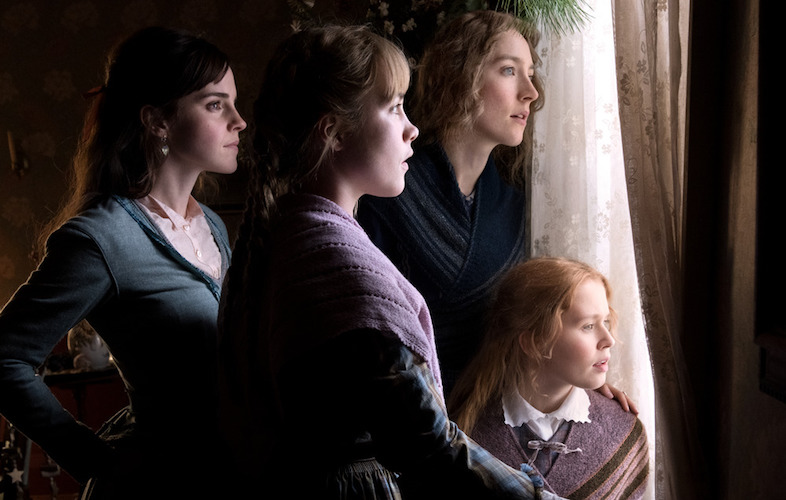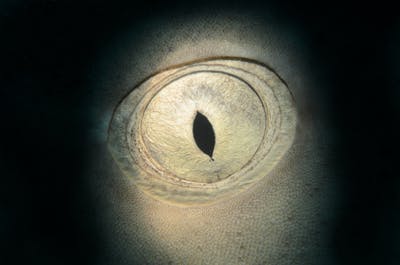
In 1868, feminist and abolitionist Louisa May Alcott published the first of her two-part semi-autobiographical novel, Little Women. It tells the story of four sisters – Jo, Meg, Amy and Beth – growing up in Massachusetts during the mid 1800s. Their father has gone off to join the Union army. The eldest sisters, Jo and Meg, work to help their financially strapped mother. All four sisters endeavor to find their place in the world as they transition to adulthood. Sisterly drama and romantic struggles ensue. It’s a story that’s been adapted to film at least half a dozen times. Fortunately for us, that did not deter actor turned director Greta Gerwig. With Little Women, she’s given us a sublime adaptation of a classic novel with memorable performances and painterly tableaux.
The stellar cast, led by Saoirse Ronan as the tomboyish, iconoclastic Jo, is just one of its many strengths. Ronan is so routinely great it’s becoming passé to say so. Ditto for Meryl Streep as the wealthy great-aunt and Laura Dern as the mother. Florence Pugh is perhaps the biggest revelation as Amy, Jo’s naughty yet winsome younger sister, with a breakout performance that exudes impish charm. The talented supporting cast includes Emma Watson as Meg, Eliza Scanlen as Beth, Timotheé Chalamet as Theodore ‘Laurie’ Lawrence, and Chris Cooper as a rich and avuncular neighbor.
But what really separates this version from previous adaptations is Gerwig’s unique and creative approach towards Alcott’s material. Gerwig changed Alcott’s chronological narrative by splitting it into two timelines seven years apart. The film begins in 1868 before jumping backwards to 1861. Both timelines proceed linearly as the story jostles back and forth. It works beautifully, the past subtlety informing, and contrasting with, the present. It’s never confusing thanks in part to each timeline having its own, nearly subliminal, color palette. Scenes within the earlier timeline, when the girls are still in their teens, have a slight orange hue, imbuing the past with the patina of warm nostalgia. The scenes representing the present, when they’re in their twenties, lean towards the cooler end of the color spectrum, apropos of the harsher realities of their adult lives.
Also, Gerwig wisely narrows the focus on two of the four sisters, Jo and Amy, as well as Laurie, the young man of leisure caught within their orbits. However, Jo is the central character, and through some judicious tweaking, Gerwig turns her into a proxy for Alcott. Ostensibly still single, Jo eventually writes and then publishes her first novel based on her own life, entitled Little Women. But her publisher pressures her to change the ending so that her character gets married, arguing the book won’t sell otherwise. She capitulates, thinking out loud, “I suppose marriage has always been an economic proposition. Even in fiction.” So when we’re shown that Jo does indeed marry, the seeds of ambiguity have already been sown. Did Jo actually get married? Or are we being shown the ending to her novel the publisher insisted on? It’s a brilliant subversion of Alcott’s original text.
Gerwig distinguished herself as a talent to watch with her previous film, the Oscar-nominated Lady Bird, lauded by audiences and critics alike. Her latest endeavor gives proof to how talented she truly is. Little Women is a touching, time-hopping, tour de force of storytelling and filmmaking craft, with a playful, feminist twist.
For KSQD’s Film Gang, this is Paul Kanieski.











